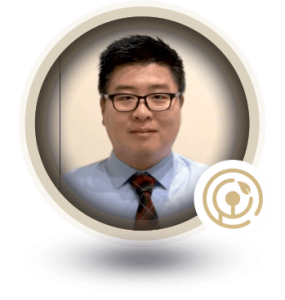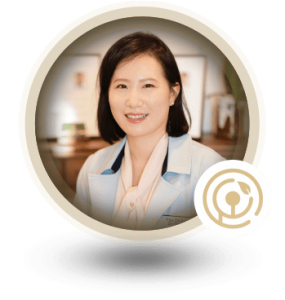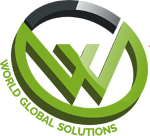A stroke can be a life-altering event, impacting both physical and emotional well-being. The journey to recovery often involves various medical interventions, including physical therapy, medications, and lifestyle changes. However, complementary therapies like acupuncture are gaining recognition for their potential to enhance stroke recovery. In this blog, we’ll explore how acupuncture can play a significant role in the rehabilitation process after a stroke.
Understanding Acupuncture
Acupuncture, an integral component of Traditional Chinese Medicine (TCM), involves the insertion of thin needles into specific points on the body. These points, known as acupuncture points or meridians, are thought to channel the body’s vital energy, known as Qi, and regulate various physiological processes. By stimulating these points, acupuncture aims to restore balance and promote healing.
How Acupuncture Can Aid in Stroke Recovery
- Improved Blood Flow
Stroke often results from impaired blood flow to the brain. Acupuncture can help enhance circulation, potentially promoting the recovery of damaged brain tissue. Increased blood flow can also support the delivery of nutrients and oxygen to affected areas.
- Neurological Rehabilitation
Acupuncture is believed to have neuroprotective effects. It may encourage the release of neurotrophic factors, which promote the growth and repair of nerve cells. This can be particularly beneficial in reestablishing neural pathways and improving motor and sensory functions affected by stroke.
- Reduction of Muscle Spasms and Pain
Many stroke survivors experience muscle spasms, pain, and stiffness. Acupuncture can help relax muscles and reduce discomfort, making physical therapy and rehabilitation more effective and less painful.
- Stress and Anxiety Reduction
Emotional well-being is an essential aspect of stroke recovery. Acupuncture has been shown to reduce stress and anxiety, which can be heightened after a stroke. A calmer mental state can positively influence the healing process.
- Improved Range of Motion
Acupuncture can aid in improving joint mobility and range of motion in stroke-affected areas. This can be particularly helpful in regaining functional abilities and reducing the risk of complications like contractures.
- Complementary Therapy
Acupuncture can complement conventional stroke rehabilitation strategies, working alongside physical therapy, speech therapy, and occupational therapy to create a holistic approach to recovery.
Consulting an Acupuncturist
If you or a loved one is considering acupuncture as part of a stroke recovery plan, it’s crucial to consult a licensed and experienced acupuncturist. They will assess your specific needs, taking into account the type and severity of the stroke, and develop a personalized treatment plan. Acupuncture sessions are often ongoing and may be combined with other complementary therapies to achieve the best results.
Conclusion
Stroke recovery is a complex process that requires a multifaceted approach. Acupuncture, with its potential to enhance blood flow, neurological rehabilitation, pain relief, and emotional well-being, is emerging as a valuable tool in this journey. While it may not be a standalone solution, acupuncture can play a vital role in the comprehensive recovery plan for stroke survivors, offering hope and improved quality of life as they work toward regaining their independence and overall health.






